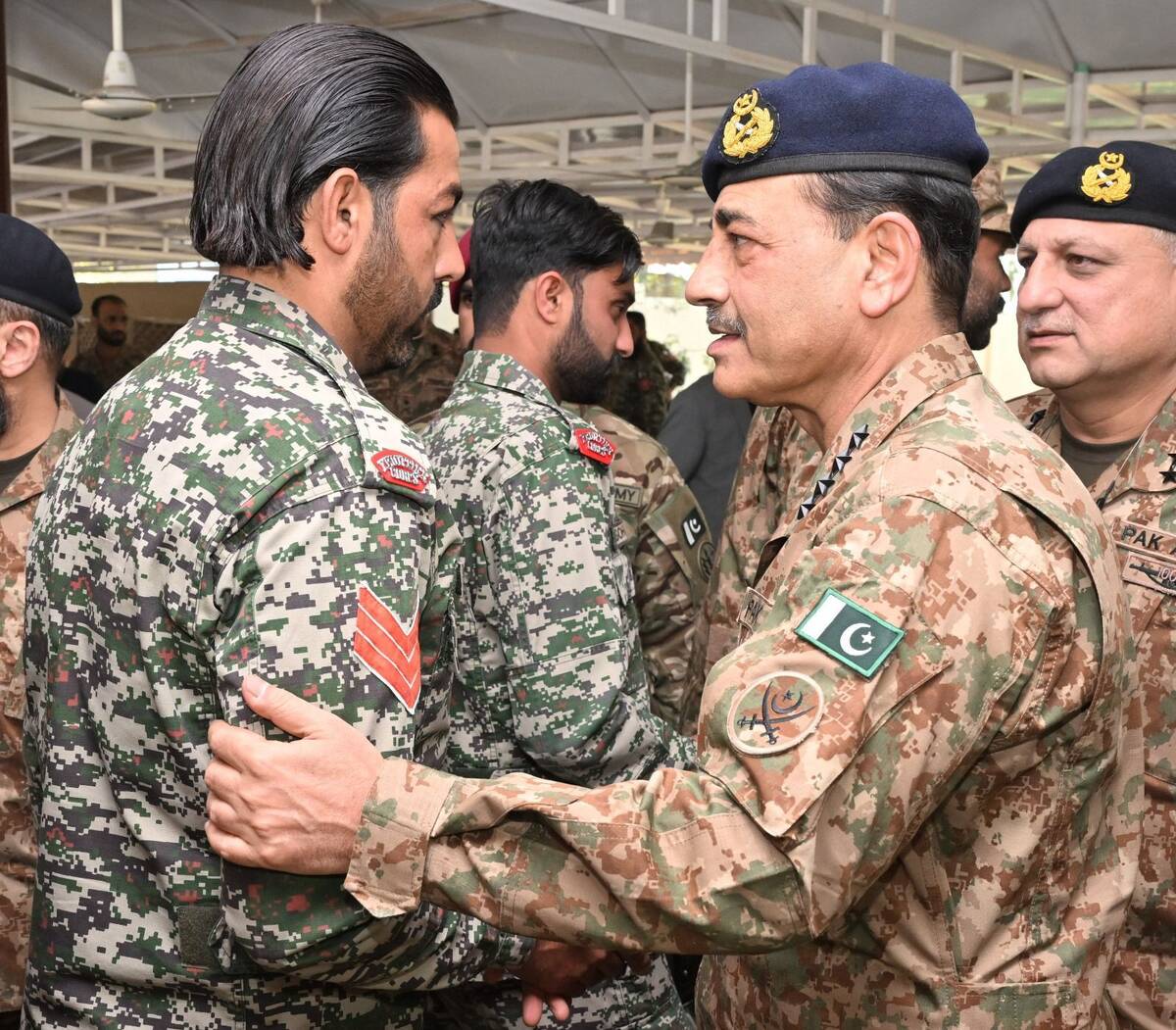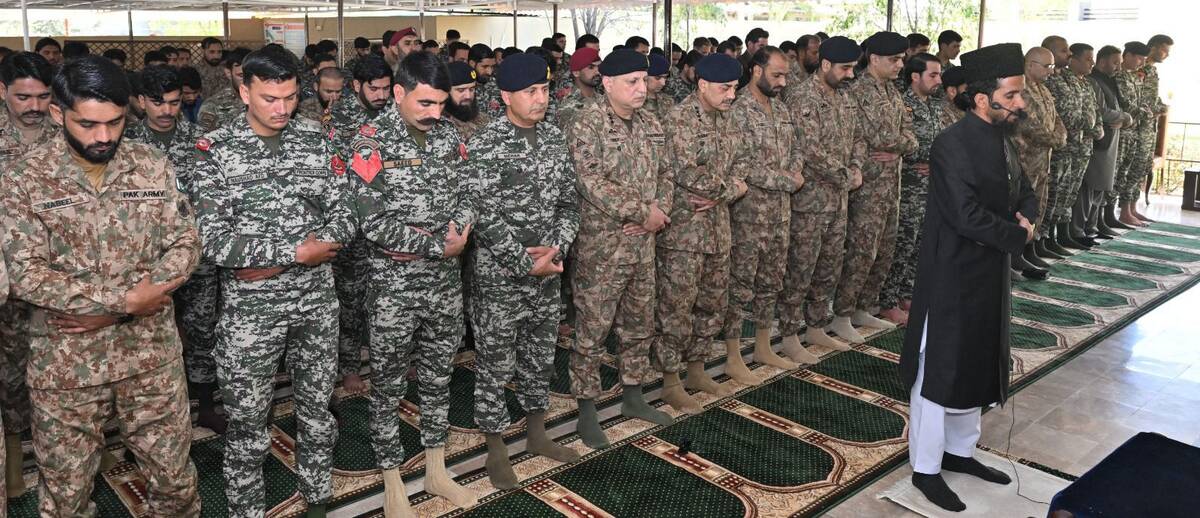KARACHI: At least one person was killed and dozens of others were arrested in Karachi on Sunday as police attempted to disperse protests from two opposing groups over a blasphemy case, a rescue official said, amid a ban on public gatherings in the southern Pakistani city.
The Sindh Rawadari Committee (SRC), a human rights group, had planned a demonstration in the southern port city to demand the arrest of police officers implicated in the killing of Shahnawaz Kumbar, a doctor who was shot dead on September 19 in an alleged encounter after he was accused of spreading blasphemous content online.
Simultaneously, the Tehreek-e-Labbaik Pakistan (TLP) religious party announced its own rally from the Teen Talwar roundabout in the city to the Karachi Press Club. In response to the announcements by both sides, the Karachi South district authorities on Saturday imposed Section 144 and prohibited gatherings of more than five people for five days.
On Sunday, police sealed off streets leading to the Karachi Press Club with shipping containers and deployed hundreds of personnel across the city, particularly in the Red Zone, which houses important government buildings. Protesters clashed with police in their attempt to reach the venue, while the law enforcers resorted to tear-gasing, baton-charging and aerial firing to disperse demonstrators from both parties.
“A man identified as Muhammad Majid Ali was killed in clashes at Metropole Hotel [near Karachi Press Club],” a spokesperson for the Chhipa recue service said.
While the police did not confirm the killing, TLP leader Saad Rizvi said 51-year-old Ali was his party’s worker who was “killed by police gunfire” during the clashes.
Earlier in the day, around 200 activists from the SRC managed to reach near the Karachi Press Club, flouting the ban on public gatherings. Police tear-gassed and baton-charged the demonstrators and arrested nearly 70 of them, who were released later
“All 70 activists belonging to the Sindh Rawadari Committee have been released,” Deputy Inspector General of Police Syed Asad Raza told Arab News, adding that several activists of the TLP had also been detained.
“The police resorted to worst torture and arrested dozens of activists,” said Qazi Khizar, vice president of the Human Rights Commission of Pakistan’s (HRCP) Sindh chapter who was among the detainees.
Following the announcement of protests, the Karachi South district administration had advised all parties to avoid and prevent any breakdown of law, considering the sensitivity of the matter.
Asad Iqbal Butt, chairman of the Human Rights Commission of Pakistan (HRCP), criticized authorities for restricting the SRC’s protest march by “succumbing to pressure from religious groups.”
“We simply demand that those [police officers] who have taken the law into their own hands be arrested and brought to justice,” he said.
Dr. Kumbar was killed in a controversial shootout in the Mirpurkhas district of Sindh after his arrest in Karachi. An official inquiry later found the encounter was staged, resulting in the suspension of several police officials, including DIG Javed Jiskani and SSPs Asad Choudhary and Asif Raza Baloch.
One killed, dozens arrested as police disperse protest rallies by opposing groups in Karachi
https://arab.news/86ans
One killed, dozens arrested as police disperse protest rallies by opposing groups in Karachi

- A ban was imposed on rallies after the announcement of protests by rights group, religious party over a blasphemy case
- While the police did not confirm the killing, Tehreek-e-Labbaik Pakistan religious party said the deceased was its worker




















